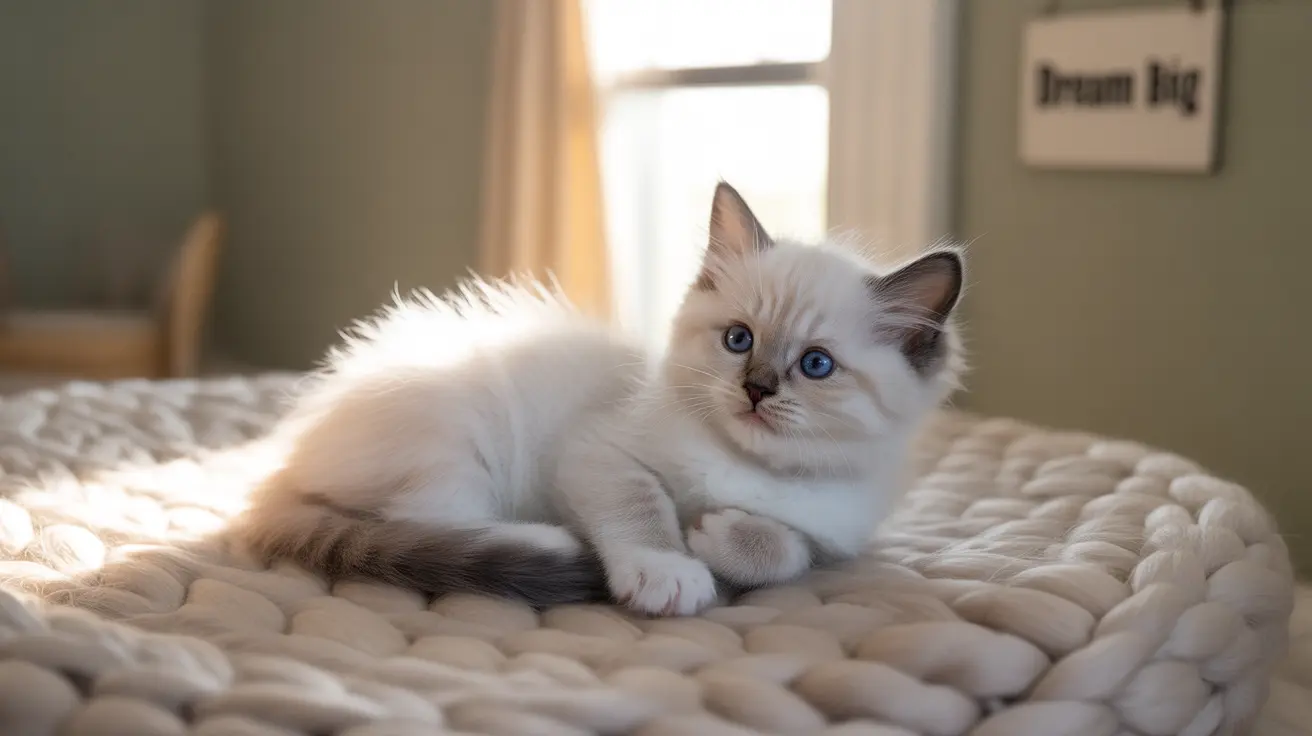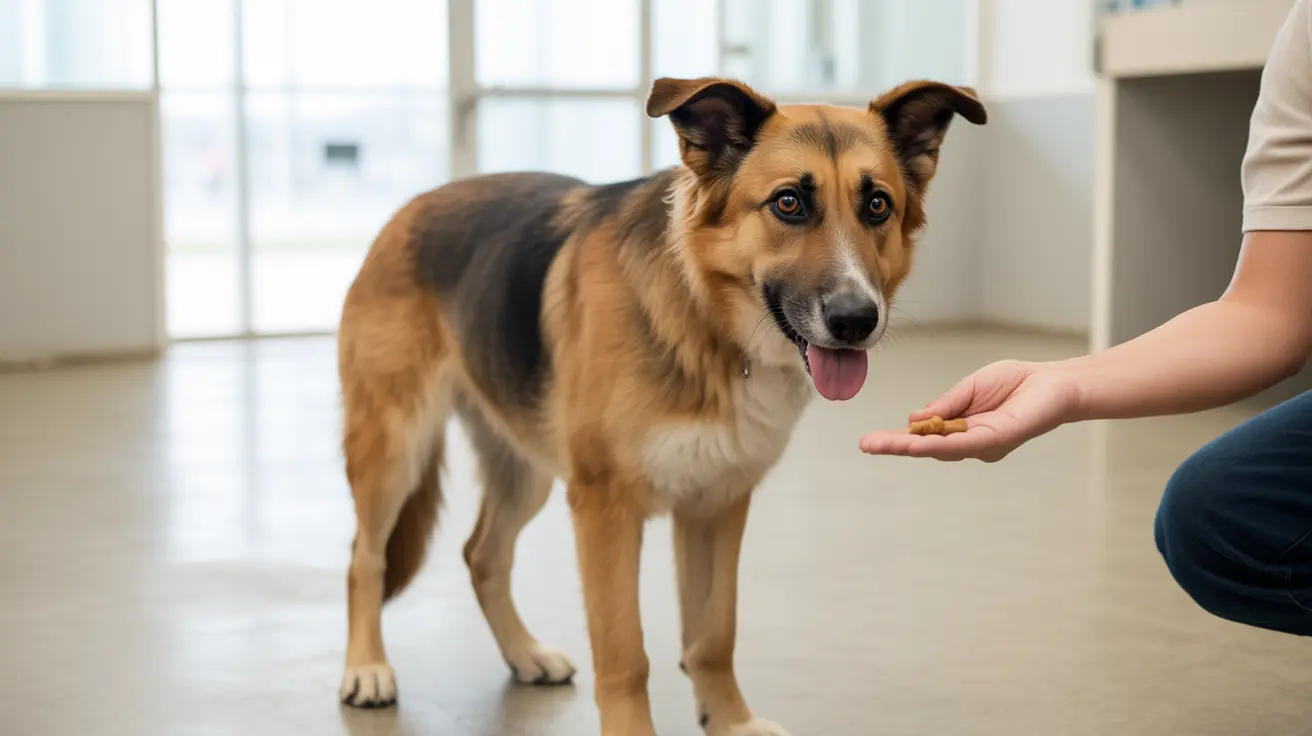If you've recently welcomed a kitten into your home, you might be surprised by how much time your new furry friend spends sleeping. While it may seem excessive, extensive sleep is not only normal for kittens but essential for their growth and development.
In this comprehensive guide, we'll explore why kittens need so much sleep, what constitutes normal sleep patterns at different ages, and when you might need to be concerned about your kitten's sleep habits.
Understanding Normal Kitten Sleep Requirements
Kittens are champion sleepers, with their sleep needs varying significantly by age. Newborn kittens spend about 90% of their time sleeping, which translates to approximately 22 hours per day. As they grow, their sleep requirements gradually decrease, but remain substantial throughout kittenhood.
Sleep Patterns by Age
- Newborns (0-2 weeks): 20-22 hours daily
- Young kittens (2-8 weeks): 18-20 hours daily
- Growing kittens (2-4 months): 16-20 hours daily
- Adolescent kittens (4-6 months): 15-18 hours daily
The Science Behind Kitten Sleep
Sleep plays a crucial role in kitten development for several important reasons:
Physical Growth and Development
During sleep, kittens' bodies release growth hormones that are essential for muscle development, bone growth, and tissue repair. This intensive physical development requires significant energy, which is why kittens need so much rest.
Brain Development
Sleep is vital for neurological development in kittens. During deep sleep, their brains form new neural connections, consolidate memories, and process learned behaviors. This mental development is crucial for their future hunting, playing, and social skills.
Signs of Healthy Kitten Sleep
Healthy kitten sleep typically follows certain patterns:
- Short bursts of intense activity followed by deep sleep
- Regular eating and playing between sleep sessions
- Easy to wake when necessary
- Normal energy levels during awake periods
When to Be Concerned
While extensive sleep is normal, certain signs may indicate a problem:
- Difficulty waking your kitten
- Lethargy during awake periods
- Loss of appetite
- Irregular sleep patterns
- Excessive meowing or restlessness during normal sleep times
Creating the Perfect Sleep Environment
To support healthy sleep habits in your kitten:
- Provide a warm, quiet sleeping area
- Use soft, comfortable bedding
- Maintain consistent room temperature
- Create a regular feeding and play schedule
- Minimize disruptions during sleep periods
Frequently Asked Questions
Is it normal for kittens to sleep a lot, and how much sleep do they typically need?
Yes, it's entirely normal for kittens to sleep 16-20 hours per day. This extensive sleep is crucial for their growth and development, with younger kittens requiring even more sleep than older ones.
Why do kittens sleep so much, and what role does sleep play in their development?
Kittens sleep extensively because their bodies and brains are rapidly developing. Sleep facilitates physical growth, immune system development, and neurological maturation. It's also when their bodies process the day's experiences and learning.
How can I ensure my kitten is getting enough sleep in a safe and comfortable environment?
Provide a quiet, warm sleeping area with comfortable bedding, maintain a consistent temperature, and establish regular feeding and play schedules. Avoid disturbing your kitten during sleep unless necessary.
What are the signs that my kitten's sleep pattern might be abnormal, and when should I consult a vet?
Consult a vet if you notice lethargy during wake periods, difficulty waking, loss of appetite, or significant changes in sleep patterns. These could indicate underlying health issues that need attention.
How can I establish a healthy sleep routine for my kitten to help them sleep through the night?
Establish a consistent daily routine with regular feeding times and play sessions. Create a calm environment before bedtime and provide a comfortable sleeping area. Remember that kittens naturally may be more active at dawn and dusk.
Remember, while it might seem like your kitten is sleeping their life away, this extensive rest is crucial for their development into healthy, active adult cats. By understanding and supporting their sleep needs, you're helping ensure your kitten grows into a healthy, well-adjusted cat.






